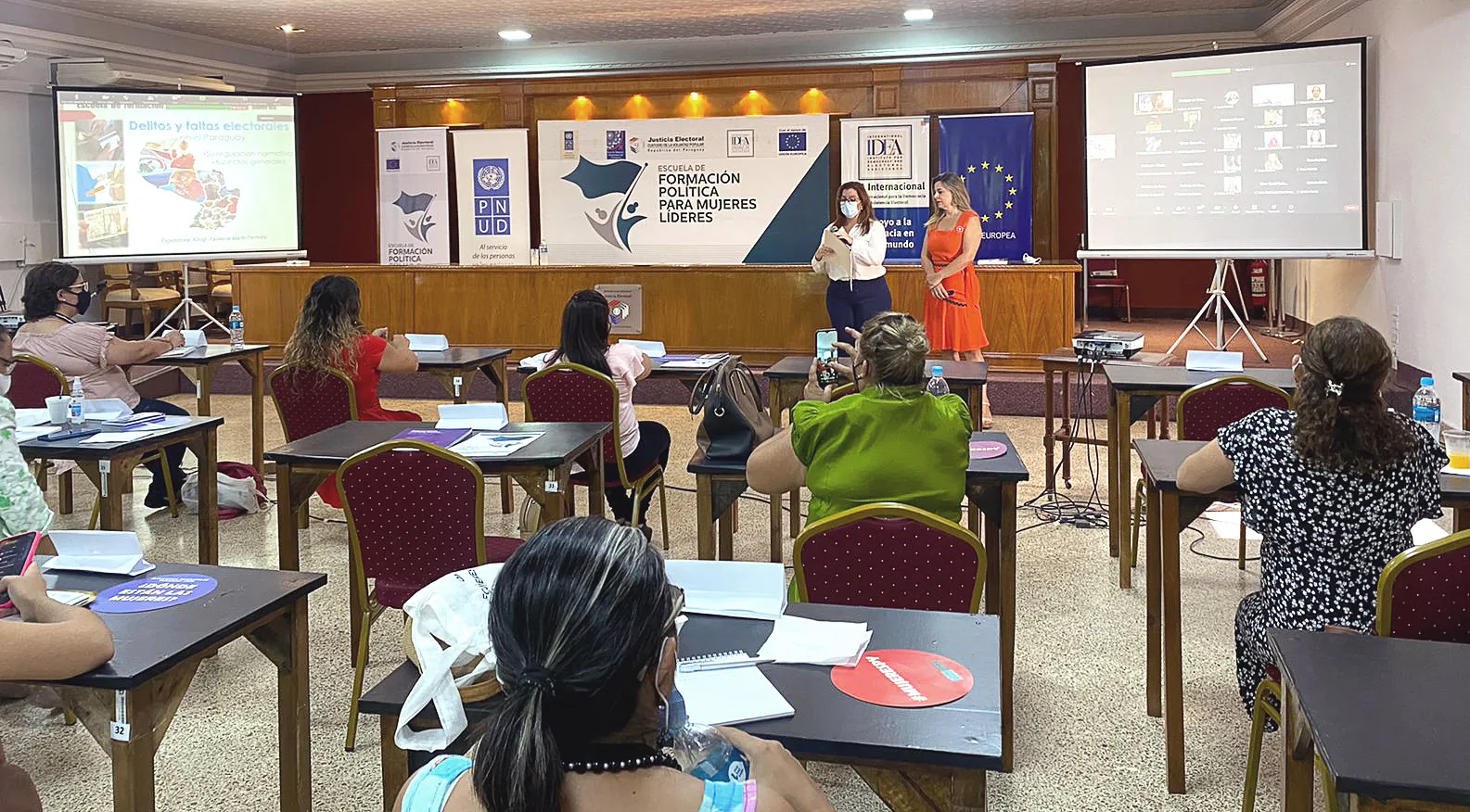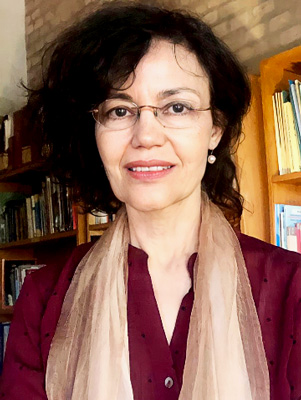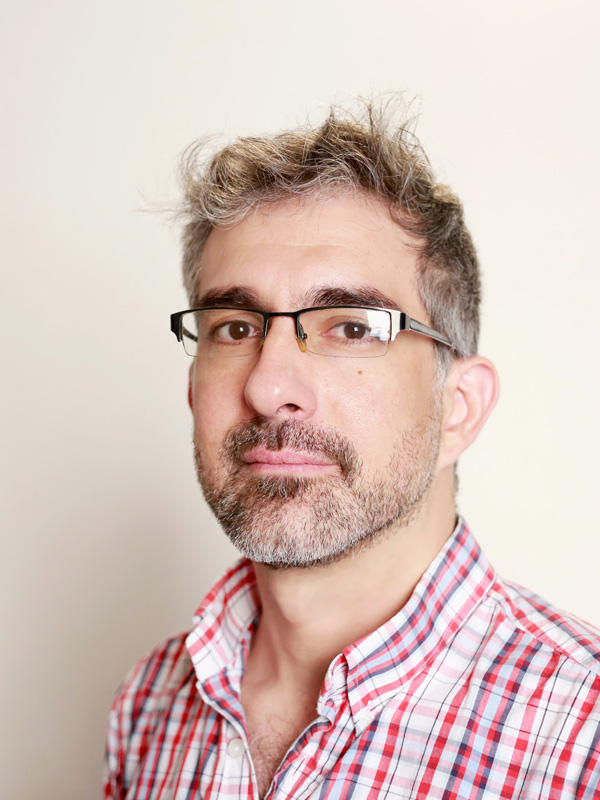Paraguay: Political training for women helps reduce the representation gap

In a region that has seen the greatest progress in political gender equality in the last two decades, Paraguay stands out, but for the wrong reasons: it has the third-lowest percentage of women in parliament in the Americas, with 17.5%, roughly half the regional average of 33.9%. When considering other elective positions, the divide widens.
Este artículo está disponible en español.
Though the gender political gap is a complex and multi-dimensional issue, Paraguayan women clearly are politically underrepresented, despite their high interest and ample participation in electoral processes. For instance, in the 2021 municipal elections, female voter turnout was equal to men's, and women's participation in voting tables were even higher than men's.
“Being a woman and a politician in Paraguay is not easy, it is very challenging” says Natalia Enciso, a recently elected councilwoman from Encarnación, the largest population center in southern Paraguay. “We face a heavy structure, with economic inequality and political violence” she adds. Belén Maldonado, a councilwoman elected in the district of Luque, says “being a woman in politics in Paraguay is an act of resistance.”
Through our Paraguay Programme, International IDEA has partnered with the Superior Electoral Tribunal of Paraguay (TSJE), and with the Equity and Gender Commission of the Senate to assist them in providing political training for women, aiming to promote their political empowerment and leadership, from the standpoint of gender equality and human rights. The initiatives, called “School of Political Training for Women Leaders” (TSJE) and “Political Training Academy for Women” (Senate), are part of the EU-financed project “Consolidation of Paraguayan Democracy II”, and have already trained over one thousand political women thus far. In 2021, in the context of municipal elections, the Paraguay Programme also joined forces with the Ministry of Women and the Inter-American Commission of Women (OAS) to train women candidates.
“I acquired tools and data that I use daily in my projects and speeches”, Belén tells us. “And what I think is most important: I met other like-minded women, with whom I share beliefs and ideals.” Besides networking, Natalia emphasizes the transforming effect of the training: “If you go through the School you come out convinced that you can achieve all your political goals. All the knowledge, the resources, give you the self-confidence and courage to say ‘yes we can.’”
The trainings were designed to be plural and inclusive across political party lines, promoting the gender perspective above political divisions. The curriculum seeks to provide tools to promote the public voice of women, and encompasses a wide variety of topics relevant to their full participation in public and political life: political communication, functioning of the State, electoral norms and processes, and a historical perspective of the political participation and representation of women.
“We need to keep reinforcing solidarity amongst women, sorority is essential”, says Belén. “But I believe economic empowerment is the most pressing need.”
While normative and cultural reforms are fundamental dimensions to achieve effective political gender equality, the training programmes have nonetheless encouraged more women to run for office, which is a very welcome positive step. When more women access decision-making positions, they improve the quality of politics and representative democracy.
“The next step is democratic parity,” Natalia concludes. “That is when the political participation and representation of women in Paraguay will really begin to take off.”





